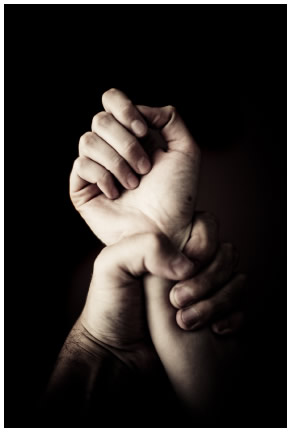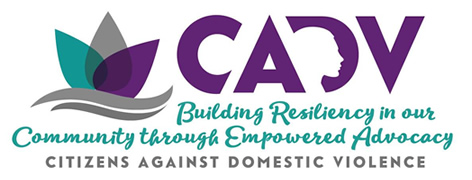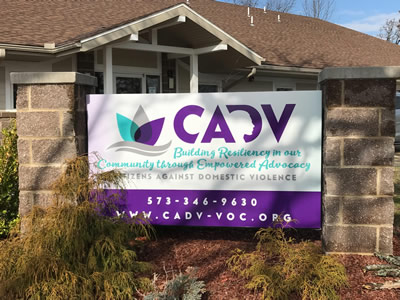SEXUAL VIOLENCE
What is sexual violence?
Sexual violence is non-consensual conduct of a sexual nature. It encompasses a wide range of sexually violent acts that includes sexual harassment, voyeurism, exposure, sexual exploitation, sexual assault, rape, forcible sodomy, incest, child sexual abuse, ritual abuse, statutory rape, drug-facilitated sexual assault and intimate partner sexual assault. The perpetrator can be a stranger or someone the victim knows, including an intimate partner. It is purposeful, violent behavior. The perpetrator accomplishes sexual violence through threat, coercion, exploitation, deceit, force, physical or mental incapacitation, and/or using power and authority.
Sexual Violence is unlike other crimes!
Sexual violence is an intensely personal offense. It is devastating psychological and /or physical attack that can leave the victim feeling a wide range of emotions. These include fear, humiliation, loss of control, vulnerability, embarrassment, guilt or anger. Some victims may not define what happened to them as a crime, some may feel as if they did something to deserve the attack, unlike victims of other crimes, sexual violence victims are often not believed, and are sometimes even blamed, for an act of violence committed against them that was completely beyond their control.
Empowering support is essential:
The person who has experienced sexual violence needs and deserves the right to self-determination regarding what occurs following the victimization. She/He is the expert on their situation. They have the best sense of the risks involved and whether to speak to the police, share their stories with family or keep what happened to themselves. Anyone seeking to help a victim of sexual violence must encourage and respect the choices they make. This will help them regain the sense of control over their life that was shattered by the sexual violence.
It is vital that the survivor feels believed and respected. If you are asked to support someone who has suffered sexual violence, note the following responsibilities:
- Help them regain a sense of safety
- Listen to them and acknowledge their experience
- Affirm the injustice of the violence perpetrated against them
- Respect their autonomy
- Promote their access to community services
- Respect and safeguard their confidentiality
FREE & CONFIDENTIAL SERVICES AVAILABLE AT CADV
GET HELP NOW.
24 HOUR EMERGENCY HOTLINE
888-809-SAFE
or 888-809-7233
WHAT YOU CAN DO IF YOU ARE BEING ABUSED
Talk with someone you trust about the abuse.
Call the CADV Hotline or Victim Outreach Center HOTLINE 888-809-7233
Call police if you are in immediate danger!




